Universal Studios UK: Is a theme park coming to Stewartby?
- Published
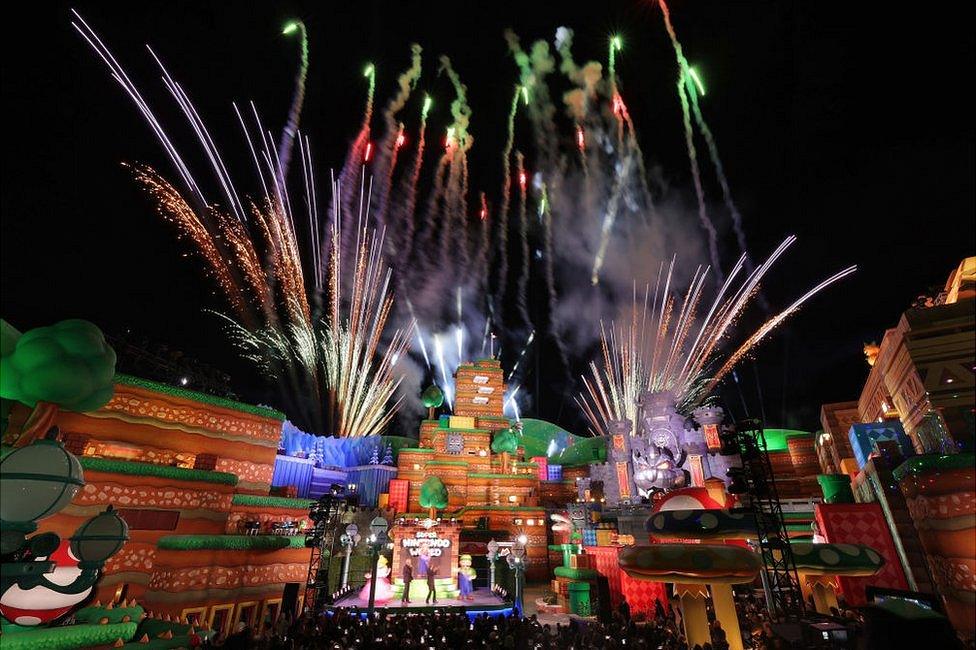
In 2023, Universal Studios Hollywood opened Super Nintendo World
The theme park arm of the media giant NBCUniversal has bought a former brickworks site in Bedfordshire with a view to turning it into a major attraction. But what might a theme park mean for those living nearby?
Late last year it emerged that a 480-acre plot of land near Stewartby, which sits between Bedford and Milton Keynes, had been bought by Universal Destinations and Experiences.
The company has resorts in Orlando and Hollywood in the US as well as Osaka in Japan and Beijing in China.
Could this tract of land near Stewartby, external, a model village originally built for the workforce of the London Brick Company, be poised to begin a new chapter as the home of Universal's first UK theme park?
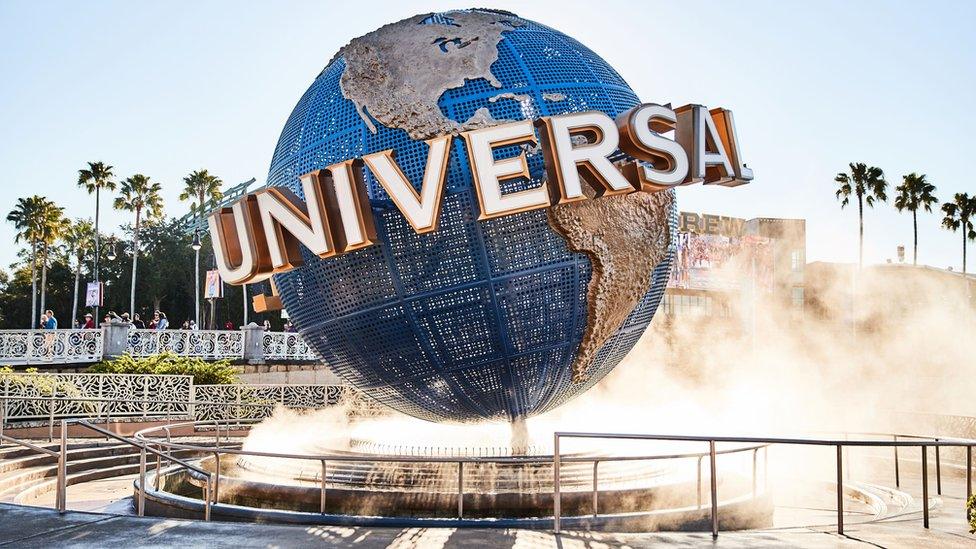
Universal Destinations and Experiences said it would be many months before it made a decision on any plans for a theme park in Bedfordshire
The idea is being "explored" by Universal Destinations and Experiences.
"We are always looking at new locations around the world, including in Europe, and the UK is an attractive place for a potential project," a spokesperson for the Comcast-owned firm has said.
Situated 60 miles (97km) from London, with its own railway station and close to the M1 and Luton Airport, Stewartby has more than tickled Universal's interest.
The company chose the village, with its population of 1,200, because of its "transportation connectivity to London and Europe with more than half of the UK population within two hours, including just 45 minutes outside of London".
A spokesperson for Universal Destinations and Experiences said it was "at the early stages" of looking at the site's potential for a theme park and resort.
"It will be many months before we are ready to make a decision to proceed and we look forward to engaging with all relevant stakeholders and the local community," a spokesperson for the company said.
But while Bedfordshire might prove an ideal location for Universal, would Universal be a welcome resident for Bedfordshire?
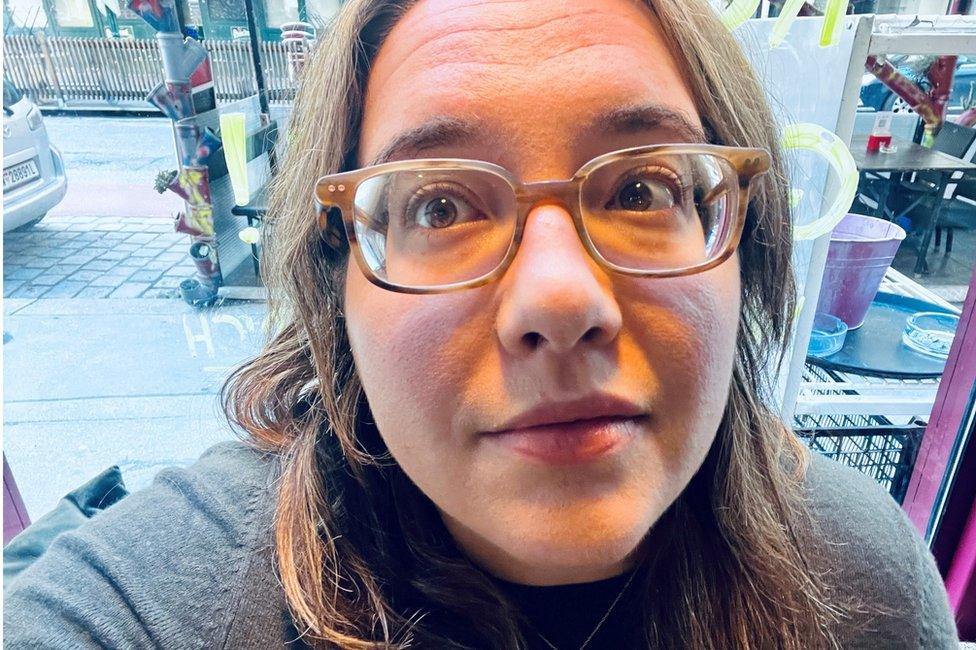
Dr Sabrina Mittermeier says the history of theme parks suggests they bring considerable economic benefits to their surrounding areas
Theme park history expert Dr Sabrina Mittermeier said Stewartby would be forever changed if a theme park was built.
She says the economic benefits, which can be considerable, sometimes come at a cost.
"In the 1990s when Euro Disney was created, the French government was very interested in bringing Disney to France in terms of jobs, tourism and development," says Dr Mittermeier, a research associate at the University of Kassel in Germany and author of A Cultural History of the Disneyland Theme Parks.
"Usually, the local population supports it for the economic reasons. But you need to build a lot of infrastructure and all that comes out of state funds. France had to put in a lot of money to pay for road and rail improvements to accommodate millions of visitors."
The BBC has asked Bedford Borough Council about any preliminary conversations it has had with Universal. It would not comment.
'Mixed answers'
"At the moment Universal Studios UK is an idea," Dr Mittermeier says. "It will take considerable investment to become a reality."
A theme park-sized employer can also change the working profile of a local population, with a heavy focus on customer service, infrastructure and hospitality sectors.
And there will be a huge "influx of people", she says.
Legoland Windsor attracted 2.4 million visitors in 2022 and Thorpe Park welcomed 1.6 million during the same year.
"Theme parks tend to get built in places that don't have a lot growth," Dr Mittermeier says. "In economic terms, they tend to be a success.
"If you ask people who live there whether they think the theme park has been a good thing, they will tend to give you a mix of answers."

In terms of size, the Stewartby plot could accommodate a theme park of middling size.
Although the 480-acre site bought by Universal Destinations and Experiences is larger than the 150-acre Legoland Windsor, external Resort, it would be a fraction of the size of Disney World, which is an astonishing 27,000 acres.
And it can take years for new theme parks to open, if at all.
Consider, for example, the London Resort project.
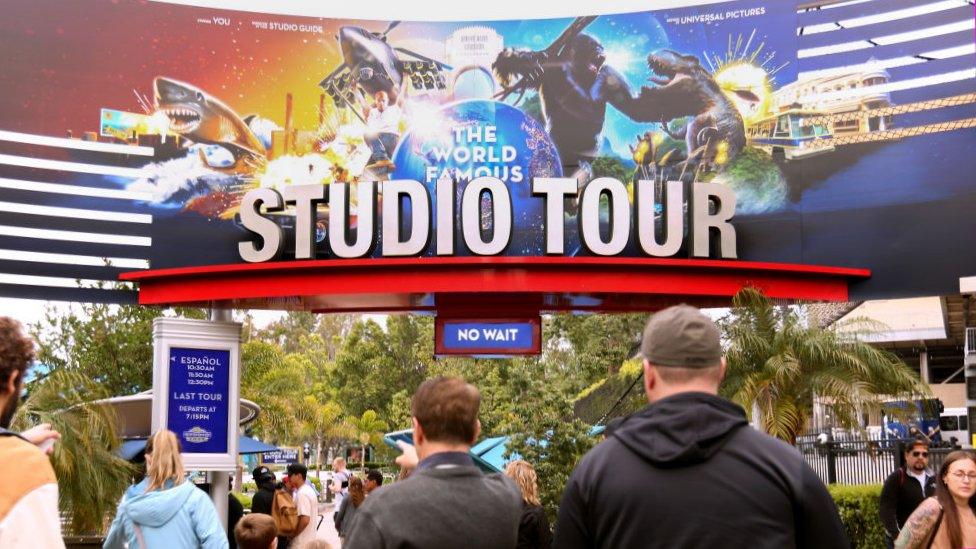
Universal Orlando is a 541-acre theme park, larger than the Bedfordshire plot
In 2012, plans were announced for a huge entertainment complex on the Swanscombe Peninsula in Kent.
Once touted as the UK's answer to Disneyland Paris, the London Resort project was originally tied to Paramount Pictures before the media giant pulled out of the deal.
A planning application for a 535-acre resort was lodged in 2020 and then withdrawn in March 2022.
Last year, the company behind the project - London Resort Company Holdings - told government ministers it still hoped to go ahead with the project, external, that £70m had already been spent and a new application would be forthcoming.
That same month, the company entered into an insolvency process, external called corporate voluntary arrangement (CVA).
Steve Norris, chairman of the company, said: "We do have commitments of capital once the CVA is concluded so the development consent order application will then be lodged within a few months.
"We regard our site as still by far the best location for a major entertainment facility of this kind."
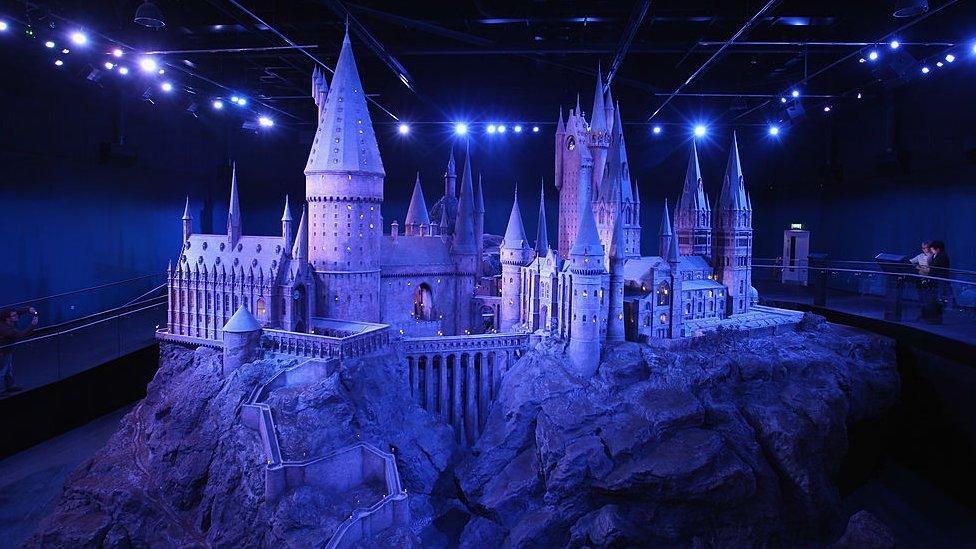
Jon Tankard, a councillor for Leavesden, describes Warner Brothers Studios as a "good neighbour" and says the company's visitors have minimal impact on the surrounding communities
Choosing the right location, with the right infrastructure in place, is key to ensuring a strong relationship between an attraction and its neighbours, says Jon Tankard.
Mr Tankard is a council member for the village of Leavesden, Hertfordshire, home to Warner Brothers Studios and its Studio Tour London, which includes the The Making of Harry Potter.
"There were concerns about the amount of traffic and the impact on infrastructure," Mr Tankard says. "But most of the traffic just comes off the M25 turn off and into the studio car parks, it doesn't really come into Leavesden or Abbots Langley."
He says the attraction provides young people with jobs and local pubs, and restaurants get passing business.
"I'd say about 90% of people are totally behind it."

Follow East of England news on Facebook, external, Instagram, external and X, external. Got a story? Email eastofenglandnews@bbc.co.uk, external or WhatsApp 0800 169 1830
Related topics
- Published21 December 2023
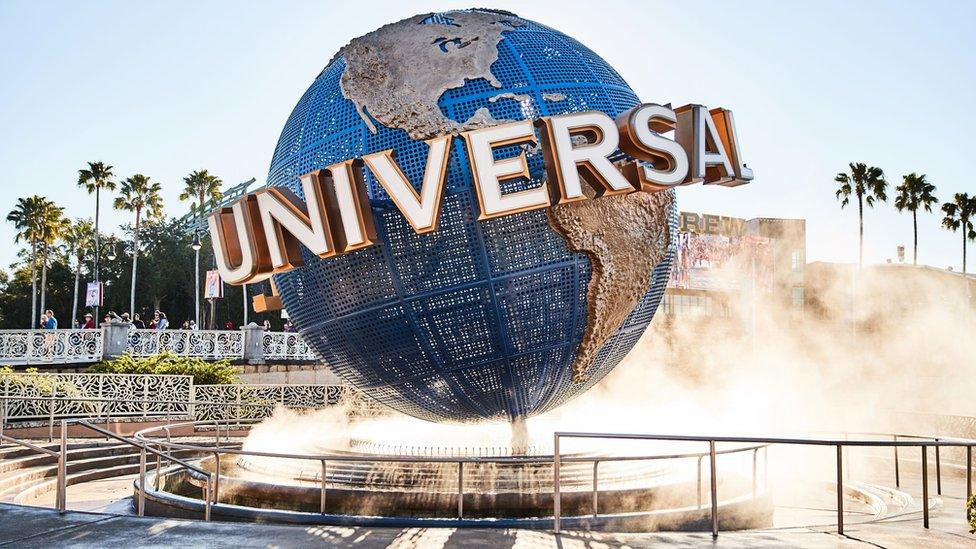
- Published19 December 2023
